A high quality clean meal replacement shake can be an excellent addition to a healthy diet, providing extra nourishment with ease. But not all meal replacements are created equal. There are many meal replacements on the market that claim to be healthy but are packed full of ingredients that are unnecessary or some that can actually be harmful for your health and skin.
Here are 7 things you should NEVER find in your meal replacement shake:
1. Casein + Whey Protein
Casein and whey protein are proteins sourced from dairy. Casein makes up 80% of the protein found in milk, and whey protein isolate makes up the other 20%. Casein, in particular, breaks down slowly, causing it to be poorly absorbed by the body. Casein and whey protein can cause bloating, flatulence, and gastrointestinal distress in many people. Casein is similar to gluten in its structure and can cause adverse cross-reactions in individuals who are sensitive or have allergies to gluten.
2. Soy protein
Many soy proteins come from genetically modified sources and often use pesticides in their production. Eating soy protein, for many people, can create bowel hypersensitivity, increase inflammation, and damage to the intestinal lining, and pesticides contain chemical compounds that are endocrine-disrupting and can cause hormonal disturbances in the body. Soy is a goitrogen, which means it may interfere with thyroid function. Additionally, soy protein contains phytoestrogens, which act similarly to estrogen in the body, so there are some concerns this may create hormonal imbalances.
3. Gluten
Gluten is a protein found primarily in wheat, barley, and rye. Studies indicate that recurrent adverse reactions to foods can be attributed to wheat/gluten intake. Food sensitivities to gluten can elevate inflammation and cause a range of health problems, including hormonal imbalances that have adverse effects on the skin, bloating, abdominal discomfort, abdominal pain, fatigue, joint pain, brain fog, lack of wellbeing, and headaches. Even if you don`’t have a sensitivity or an allergy, there is still cause for concern. Gluten has been linked to mood disorders, and in one study, gluten elimination alone was an effective treatment for mood disorders in some individuals.
4. Artificial Sweeteners or Corn Maltodextrin
Common unhealthy artificial sweeteners used are sucralose, Splenda, aspartame, Equal, NutraSweet, or saccharin. There are several adverse side effects from ingesting these sweeteners, including headaches, migraines, and gastric issues like bloating, acid reflux, and weight gain. Corn Maltodextrin is a low-quality sweetener typically made from genetically-modified corn that often sneaks its way into processed food.
5. Hydrogenated Oils
Oils and fats are often added to meal replacement powders to increase the richness and make them taste creamy. However, to increase shelf life and improve consistency, these fats typically hydrogenated. Hydrogenation has the unfortunate consequence of creating a product that is both calorie-laden and full of trans fats. Trans fats are the worst kind of fat — they are more harmful than saturated or unsaturated fats. Trans fats raise your LDL (bad) cholesterol levels while lowering your HDL (good) cholesterol levels. High LDL levels, along with low HDL levels, can cause cholesterol to build up in your blood vessels, increasing your risk of heart disease and stroke.
6. Unnecessary Thickeners
Generally, gums, emulsifiers, and thickeners undermine the quality of food. Thickeners and gums, including xanthum gum, are manufactured from soy or corn and can cause bloating, constipation and gas. They can act a little like glue in the digestive system. Carrageenan is a standard stabilizer and thickener listed as a natural ingredient in meal replacement powders to help preserve the product. Carrageenan has been quietly causing chronic health problems such as ulcers for many years and has been linked to colon cancer, chronic inflammation, and digestive disorders.
7. Sugar & Fillers
Sugar is a favorite filler of manufacturers that is exploited for its taste bud appeal. Unfortunately, your meal replacement becomes a sugar bomb that causes your blood sugar to spike — making your meal replacement only slightly better than drinking milkshakes or eating candy bars. Many fillers used to decrease costs to the manufacturer and consumer end up not worth it, especially when they cause gastric distress such as constipation, bloating, and acid reflux in sensitive individuals.
Ingredients Found In A High-Quality, Clean Meal Replacement Shake
CLEAN PROTEIN
Protein is essential to your body, which requires adequate amino acids to perform well. Choose a meal replacement with the right protein to suit your needs and support your health. You want a protein that is un-denatured and is free from both chemicals and additives. Instead of choosing cheap and dirty proteins like soy, egg, casein, and whey — choose a meal replacement shake that uses a clean protein source, such as pea protein. Pea protein is my favorite for a fantastic balance of amino acids. It’s also low allergenic – unlike soy, whey, and egg protein. And it’s easy to add to smoothies.
SWEETENER ALTERNATIVES
Choose a meal replacement with artificial sweeteners such as erythritol, allulose, and stevia leaf extract that are safe and have a low impact on blood sugar and insulin.
Erythritol: Erythritol is found naturally in fruits like grapes, peaches, pears, and watermelon. Sensitivity to erythritol can vary among individuals, so choose a meal replacement with a mix of sugars with only a small amount of this sugar alcohol (no more than 15 g) to avoid digestive upset or nausea.
Allulose: Allulose is present in only a few foods, such as figs and raisins. Allulose resists fermentation by your gut bacteria, which minimizes the likelihood of bloating, gas, or other digestive problems.
Stevia Leaf Extract: This extract is made from a Stevia leaf related to popular garden flowers like asters and chrysanthemums. Stevia does not increase blood sugar, and has antimicrobial properties.
The Spa Dr.® All-In-One Daily Shake* is a dairy-free, gluten-free plant-derived protein shake. This formula offers a comprehensive blend of added nutrients to promote glowing skin and vibrant health!
*These statements have not been evaluated by the Food and Drug Administration. This product is not intended to diagnose, treat, cure or prevent any disease
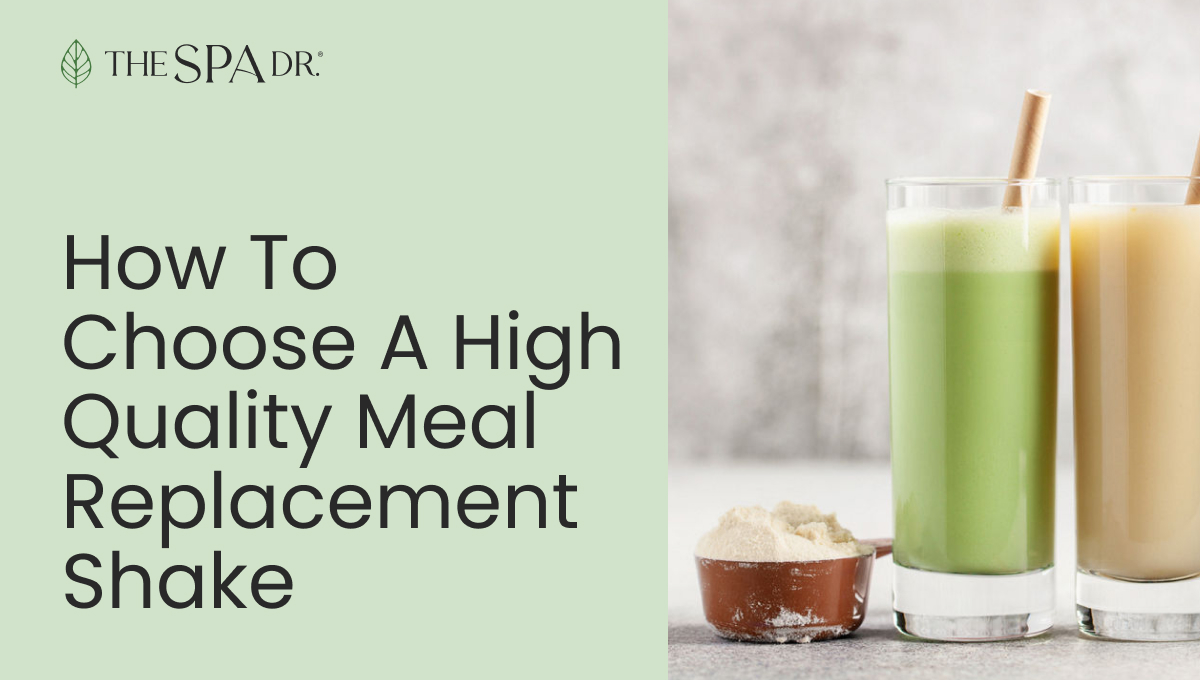
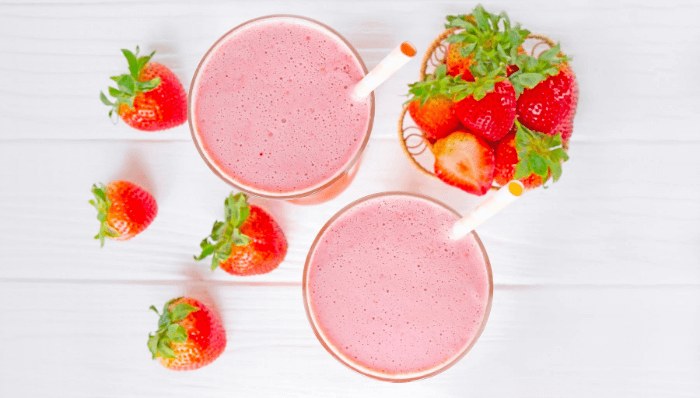
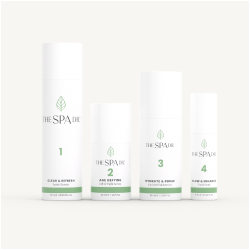
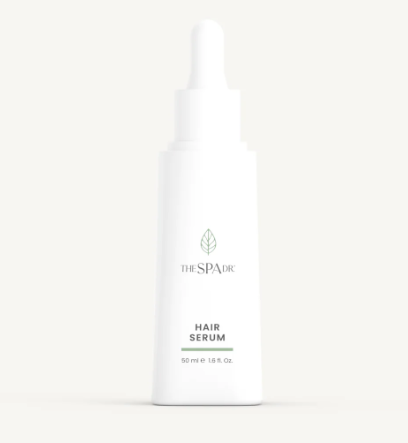
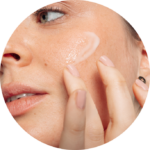




Reader Interactions